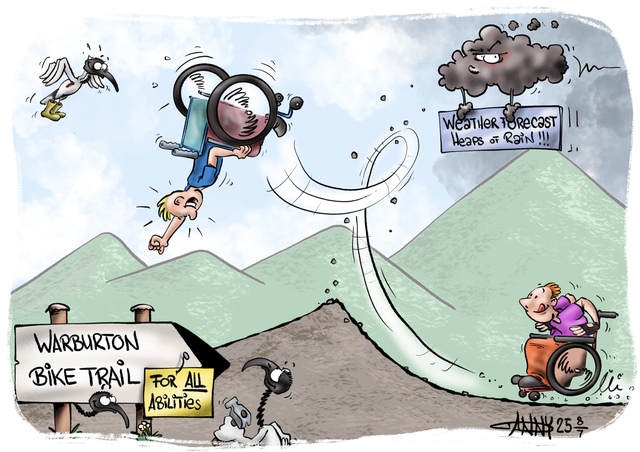By DEBRA BOLAND
WORLD Spey Day is 24 February.
This is an annual campaign initiated by the Humane Society International to highlight the importance of speying pets in the community.
It is an important day in the animal welfare calendar and promotes a message that Animal Aid strongly endorses. A spey is a surgical term used for de-sexing female pets.
It is the most effective and permanent way of preventing unwanted litters and unplanned pregnancies.
This procedure can be performed from as early as three-four months of age at our veterinary clinic.
Cats, in particular, can start coming into season and even fall pregnant as early as five months of age and a female kitten can often fall pregnant before she is even fully grown.
Unplanned and unexpected pregnancies run the risk of problems during pregnancy, the birthing process and even after the kittens or puppies are born.
In some circumstances, there can be a problem with the labour and an emergency Caesarean may be required.
This often occurs in the middle of the night and is an expensive (minimum $1500-$2000) surgery which can put both your female pet and her future puppies or kittens at risk.
Even if everything proceeds smoothly, and healthy puppies or kittens are born, many people find it difficult to find homes for all of them.
These unwanted litters often find their way into the shelter environment.
This can be a very stressful time for them, while they wait to find a new family and sometimes they may even face an uncertain future.
If you have a female pet which hasn’t been de-sexed, and you are interested in finding out more information on the procedure or prices, please contact the Animal Aid Veterinary Clinic on (03) 9739 0500.
While there is a cost and commitment involved in the surgery, the benefits of this procedure are many.
Not only does it help with your pet’s future health and wellbeing, but de-sexing also goes a long way to helping the pet-overpopulation problem.
At Animal Aid, we think every day should be Spey Day, and we encourage all pet owners to think about getting their pets de-sexed, not only your female pets but your male pets, too.
Don’t forget about the rabbit and the guinea pig either, because they don’t use the term breeding like rabbits for no reason.






